Date:29 November 2023
By Rob Verkerk PhD, founder, executive and scientific director
Our immune systems, a complex network of organs, cells and proteins, work tirelessly, every millisecond of every day, defending our bodies from infection, protecting our own cells, as well as the microbes our bodies decide are good for us. This is an incredibly complex and skilful operation that we tend to take for granted—until it stops working as it should.
Sometimes our bodies’ ability to discriminate between self and non-self, between tumorigenic and healthy cells, between things that are good or bad for us, becomes less keen, so much so that we start attacking our own cells and tissues. This is what happens with autoimmune diseases, where we lose tolerance for self or previously innocuous antigens. To-date around 100 autoimmune diseases or conditions have been identified, very common ones including coeliac disease, lupus, rheumatoid arthritis, type 1 diabetes, multiple sclerosis, inflammatory bowel disease (IBD), Addison’s disease, Graves’ disease and Hashimoto’s thyroiditis. In fact, we’re amidst an autoimmune epidemic, with the rates of autoimmune disease in modern societies skyrocketing.
An autoimmune disease is something we define within the physical boundary of our physical being, the outermost layer of which we call our skin. Even this outer, epithelial layer of a human is susceptible to autoimmune attack, as we find with psoriasis.
Just as every human is dependent on the multitude of organisms that form our microbiome, we humans are also dependent on a multitude of other organisms outside our bodies, other humans included. The vast majority of food we eat were once living organisms, whether plants, animals, fungi or algae. The clothes and shoes we wear come from cotton plants, the hides of a range of animals, or they’re made by people or by machines that other people made. We cannot reproduce without involving other humans, even if it is just cells taken from them. All around us, we see permissive relationships, tolerance and co-dependency, at least when things are working smoothly in human societies.
As we review the entangled web of life on our planet, of which we are now—in evolutionary terms—a pivotal part, and we see the remarkable cooperation and sacrifice that exists to maintain and evolve life, it becomes ever harder to limit our perception of health to those processes and conditions that exist only within our bodies.
Looking at today’s world, and the impacts we, as humans, have on it, we see something that’s increasingly at odds with the exquisite cooperation and sacrifice that creates a fully functioning, natural ecosystem, whether this is a beautiful forest, healthland, coral reef or ocean.
Instead, we see, all around us, different human groups becoming ever more polarised, ever less tolerant, too often just because of small differences of view over subjects that are in themselves uncertain. Uncertainty should enhance tolerance, but now it regularly does the exact opposite.
We are rapidly losing tolerance for each other, and losing the ability to respect our differences. This state of dis-ease, that has spawned the wars or armed conflicts between nations in Ukraine and Gaza, and within nations, in Africa, Asia and the Americas, is a symptom of humanity’s worsening autoimmune condition.
How do we fix our species’ autoimmune condition. Surely the answer lies in building improved tolerance of each other?
The next time we encounter someone with a different view, perhaps we might do well to think carefully about how we should react, for the betterment of our lives and those who will follow us?
>>> If you’re not already signed up for the ANH International weekly newsletter, sign up for free now using the SUBSCRIBE button at the top of our website – or better still – become a Pathfinder member and join the ANH-Intl tribe to enjoy benefits unique to our members.
>> Feel free to republish – just follow our Alliance for Natural Health International Re-publishing Guidelines
>>> Return to ANH International homepage

